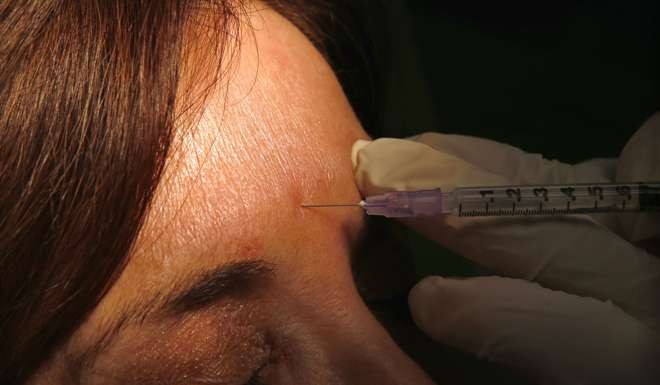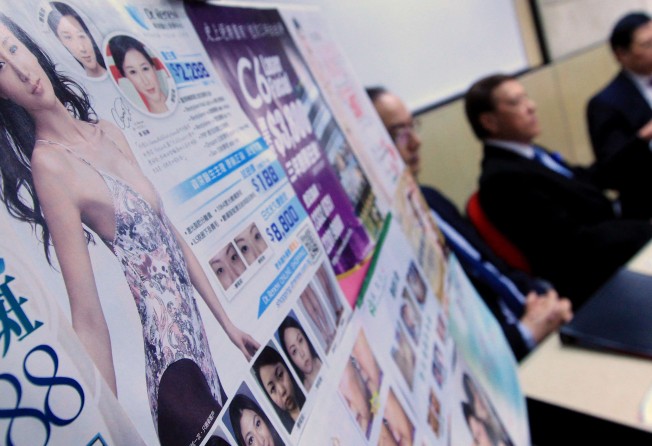
What stops Hong Kong from cleaning up its beauty industry: an ugly fight over turf
Feng Chi-shun says it’s a shame the attempt to curb the unethical and sometimes dangerous practices of the aesthetics industry is thwarted by turf protection, among other obstacles

Despite the cliché slighting beauty as being only skin deep, its pursuit is a multibillion-dollar business worldwide. It is also scandalous.
In Hong Kong, the scandals range from unethical sales tactics to death by misadventure when invasive procedures go wrong. Every year, the Consumer Council receives hundreds of complaints targeting the beauty services. Occasionally, the more serious scandals make front-page news, prompting the government to see a need to regulate the industry. Yet, progress is not forthcoming.
The problem is multi-fold. To regulate it, the government must first identify all the available procedures and assign them to different risk categories. This no easy task, since the spectrum of services is continuously changing, with new services being constantly invented. There is much to regulate: the materials, devices and instruments used; the training and qualification of the operators; the safety of procedures, venues and facilities; and quality control.

Further, any attempt to define non-medical and medical interventions is fraught with difficulty because of turf protection. The primary concern is money. Doctors fight tooth and nail to ban laymen from performing any minimally invasive procedure, such as those requiring a sharp instrument or laser. But beauty salon workers argue that since anyone adroit with a needle can safely administer Botox into a forehead, why should medical doctors be the only people allowed to make a living from it?
Regulating the beauty industry is not going to take off any time soon with our ineffective government
Any procedure, no matter how small, should be performed only by personnel with the proper training and the certificate to prove it – a process generally known as accreditation. This applies to not only laymen, but also health care professionals who have only a generic medical or nursing qualification. Private doctors appear to be the worst offenders in this respect – many with no training in plastic surgery or dermatology have jumped on the cosmetic therapy bandwagon.
There have been proposals for a university-based institute of aesthetic medicine that could oversee training and accreditation for aesthetic practitioners, but local plastic surgeons oppose it because it would compromise their income.
Facing so many thorny issues, regulating the beauty industry is not going to take off any time soon with our ineffective government, which couldn’t even reform the Medical Council and implement the voluntary health insurance scheme after years of trying.
Meanwhile, despite the warnings, women continue to flock to unethical beauty vendors and untrained doctors for bogus and substandard treatments.
Dr Feng Chi-shun is an author and a retired pathologist